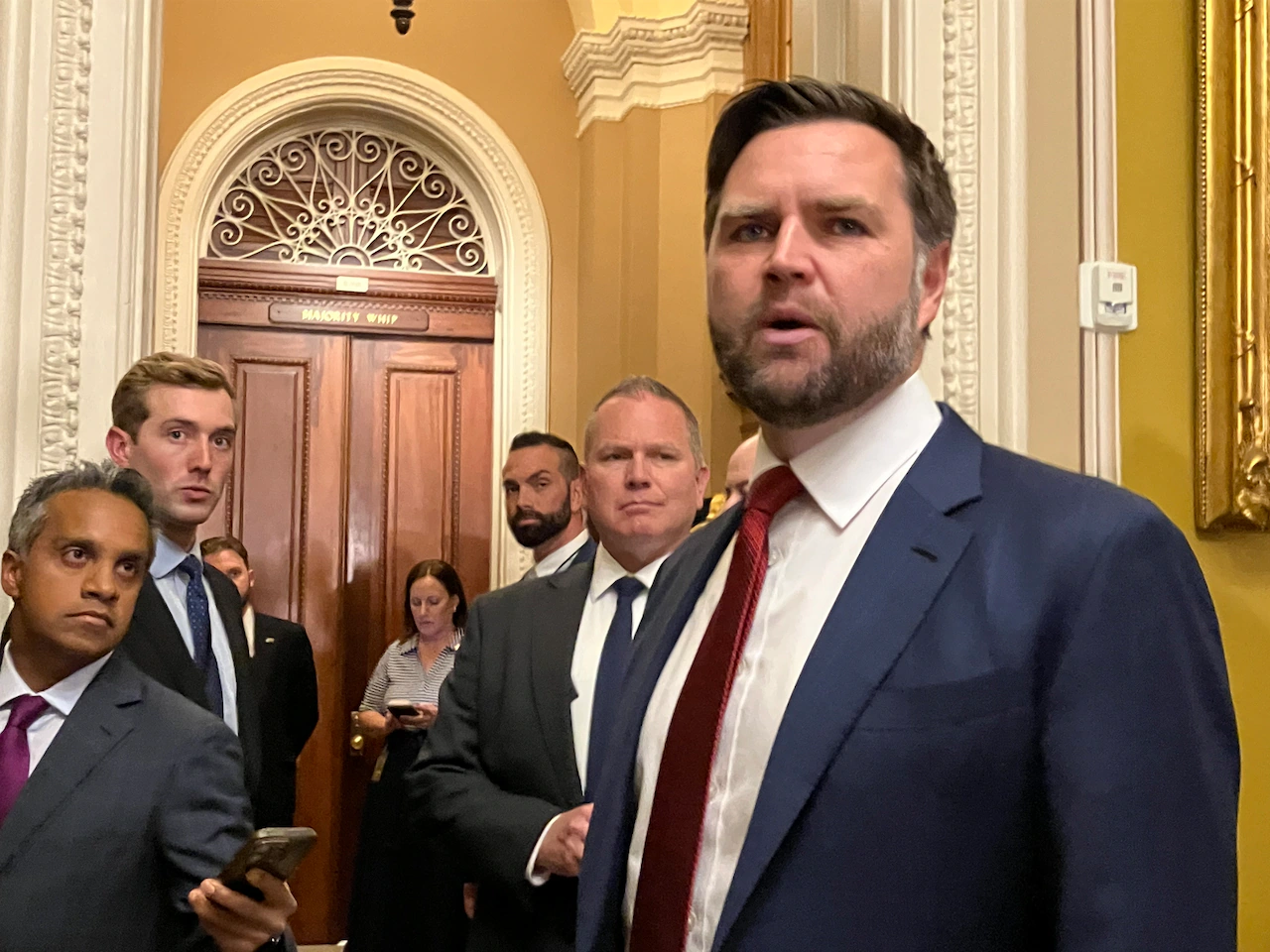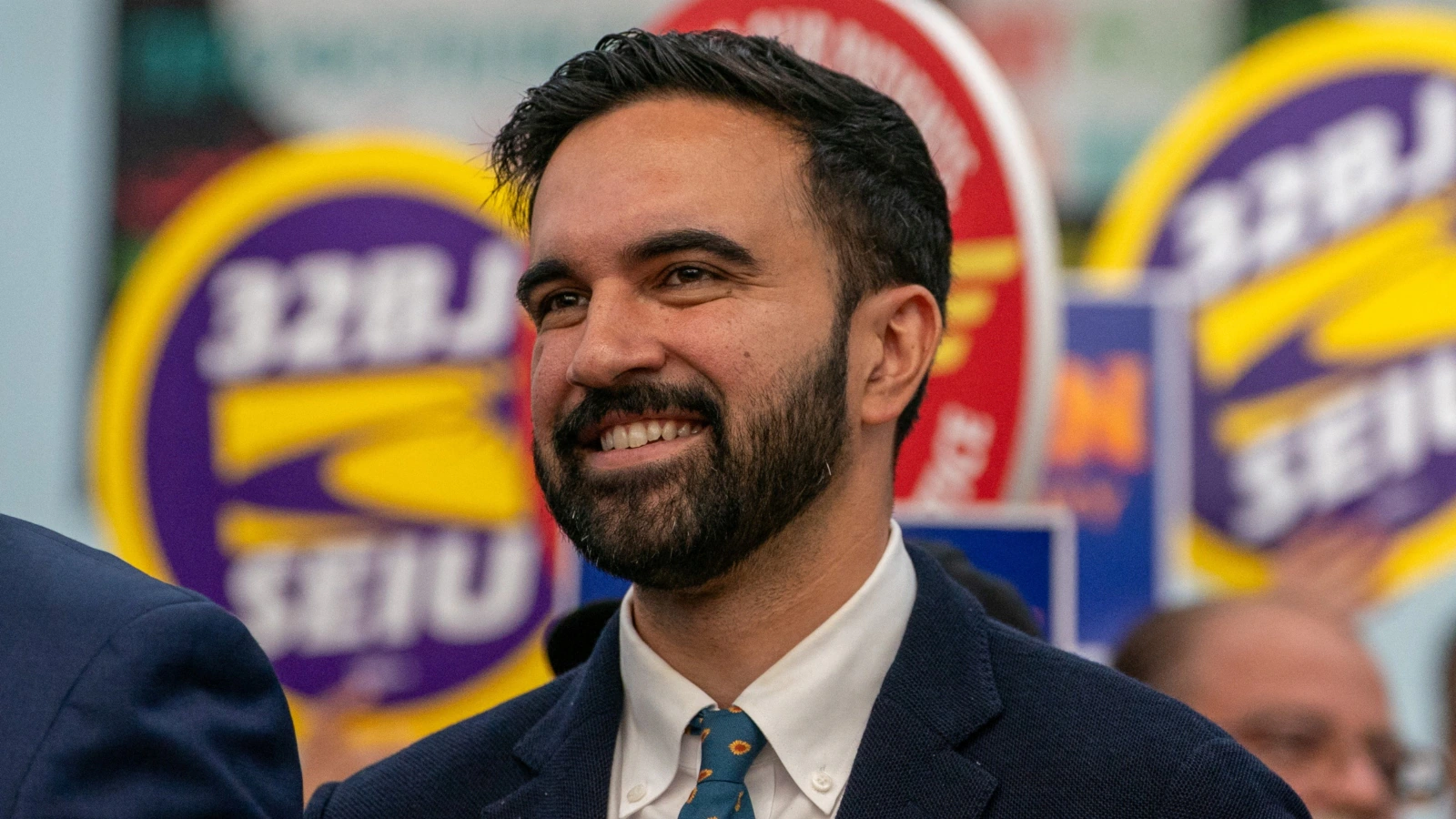Copyright courant

I am 68 years old. Perhaps this is why I feel the way I do. I was too young to appreciate the grief and loss of American and Vietnamese lives as a result of the Vietnam War. Obviously also too young to appreciate the effect on our country’s soul during the Korean war and World War II. I am profoundly and continuously impacted by the brutal attitude expressed by members of our highest levels of government promulgated by President Donald Trump. I witnessed a walking protest on the streets of Saratoga Springs, New York with signs expressing terms which are descriptive of our current president and his colleagues in office including “authoritarianism, fascism, brutality, bigotry, prejudice, autocracy and divisiveness.” I am a family physician, in practice for nearly 40 years, I teach both medical students and family medicine residents and greatly value my relationship with my patients. Patients, in whom I am witnessing disabling anxiety and depression in increasing numbers as patients are uncertain that they have a safe future and a responsible government that will seek to preserve the ideals of our nation, that respect DEI and are committed to protect the rights of all our citizens. People expect our government to keep us safe and secure and these are the very feelings that are being threatened for my vulnerable patients, both economically and psychologically. The changes as a result of the “One Big Beautiful Bill” below are alarming. Health Care & Social Programs: Adds work requirements (80 hours/month) for many adult Medicaid recipients. According to the Congressional Budget Office about 5.5 million to 6.3 million people are likely to lose Medicaid because of the new work requirements. Allows states to charge small co-pays for Medicaid services: For a family of four earning $33,000/year this could result in up to $1,650 in new mandatory out-of-pocket costs. Reduces federal funding flexibility for states (provider tax caps): Reduction in Provider tax caps decreases the “matching” funds available from the federal government. Reduced federal state funding to the states will limit Medicaid services Scaling back Medicare Drug Price Negotiation and Reduction in ACA Enrollment Support: This could result in higher costs for beneficiaries, reduced access to care and increased strain on the healthcare system. Tightens or eliminates SNAP (food assistance) eligibility, especially for immigrants.:SNAP participation is estimated to achieve a relative risk reduction in “All Cause Mortality” of about 11% in the U.S. This translates to over 500 deaths attributable to malnutrition/year. We cannot allow the micromanagement of our most vulnerable citizens that places their lives and wellbeing at significant risk. There are steps our vulnerable citizens can take to lessen the personal and collective consequences of this legislation: Advocate and engage politically: contact lawmakers, join public campaigns (Families USA, Kaiser Family Foundation), contact state legislators to take state level action to pursue waivers that minimize coverage loss, maintain exemptions or delay implementation. Enroll and maintain coverage: reach out to online tools (Healthcare.gov./state exchanges), navigators and community organizations to ensure continued coverage. Financial and Healthcare Planning: budget for increased copays, use community clinics and prescription assistance programs. use generic/assistance programs: discount cards, manufacturer/state pharmacy assistance programs. Legal and Policy challenges: advocacy groups may challenge elements of the OBBBA in court, be vocal and take advantage of public comment periods. Community/Support Networks: Federally qualified health centers (FQHC’s) can help fill gaps when coverage is lost or benefits reduced. The Trump administration has demonstrated its influence and leverage internationally by successfully maneuvering to achieve the release of the Israeli hostages and Palestinian prisoners. Nonetheless, “charity begins at home.” Domestic policies must equally take center stage and ensure the health and well-being of all those choosing to create livelihoods in the United States regardless of race, creed, color or country of origin. The “One Big Beautiful Bill” is a harsh and fundamentally unfair and downright cruel representation of the American psyche being steered away from the ideals of humanity, empathy and inclusiveness. I truly pray that we do not allow our nation to drift towards a policy of enmity towards others, a sense of self-righteousness and moral superiority and a redefining of human values that leads to progressive moral decay. Dr. Howard A. Selinger is chairman of the Department of Family Medicine at the Frank H. Netter, MD School of Medicine, Quinnipiac University. This is solely his opinion.



